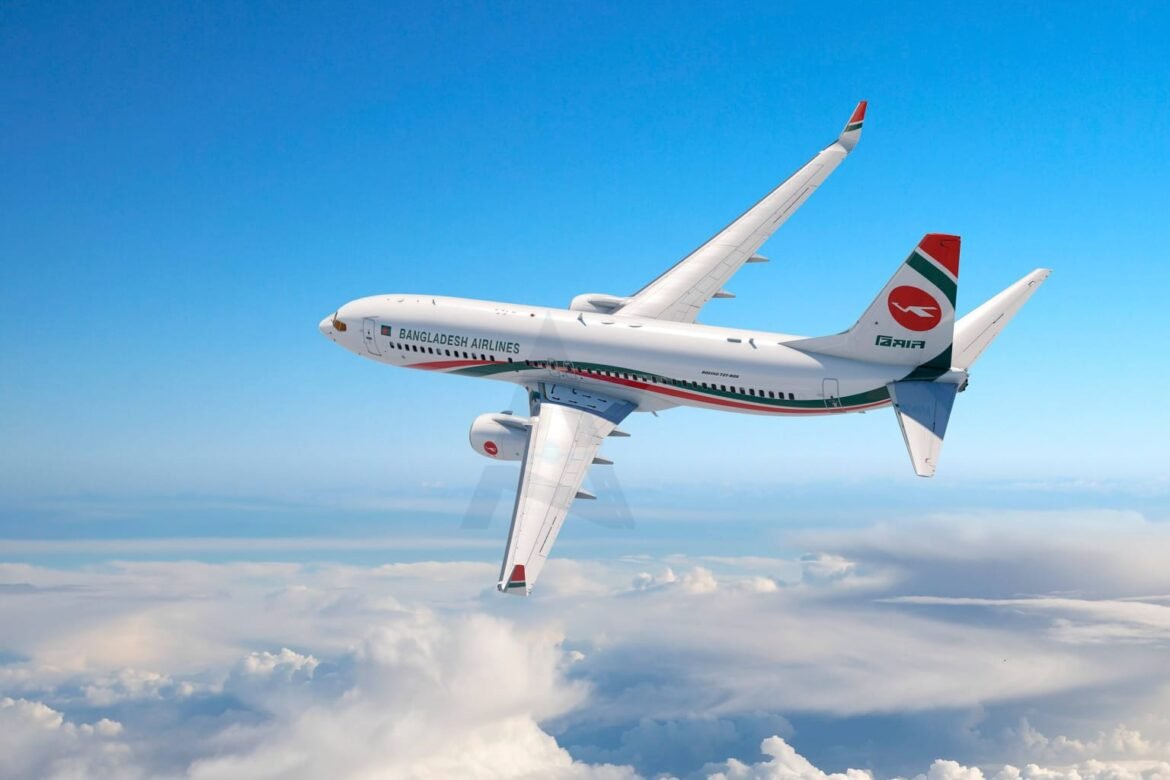In a strategic shift that reflects evolving geopolitical dynamics, Bangladesh Biman Airlines has made headlines by opting to “dump” its American Boeing aircraft in favor of French Airbus models. This decision comes against the backdrop of souring ties between Bangladesh and Washington, signaling a significant departure from the airline’s longstanding reliance on Boeing aircraft.
Bangladesh Biman Airlines, the national flag carrier of Bangladesh, has traditionally operated a fleet predominantly comprised of Boeing aircraft. However, recent geopolitical tensions between Bangladesh and the United States have prompted the airline to reassess its procurement strategy, leading to a pivot towards Airbus aircraft manufactured by the European multinational corporation.
The move to transition from Boeing to Airbus aircraft underscores Bangladesh’s desire to diversify its aviation partnerships and reduce its reliance on American-made aircraft. Amidst diplomatic strains with Washington, the Bangladeshi government has sought to strengthen ties with European partners, including France, where Airbus is headquartered.
For Bangladesh Biman Airlines, the decision to switch to Airbus aircraft represents not only a pragmatic business move but also a strategic diplomatic gesture. By embracing Airbus, the airline aims to deepen its collaboration with European stakeholders while mitigating potential risks associated with geopolitical uncertainties.
The Airbus aircraft selected by Bangladesh Biman Airlines offer state-of-the-art technology, enhanced fuel efficiency, and superior passenger comfort, making them an attractive choice for modernizing the airline’s fleet. Additionally, Airbus’s global reach and established presence in the aviation industry position Bangladesh Biman Airlines for greater connectivity and competitiveness in the international market.
While the transition from Boeing to Airbus may entail logistical challenges and adjustments for Bangladesh Biman Airlines, the long-term benefits of diversifying its aircraft portfolio and strengthening diplomatic ties outweigh the short-term hurdles. Moreover, the move underscores the airline’s commitment to innovation, sustainability, and resilience in the face of evolving geopolitical dynamics.
As Bangladesh Biman Airlines embarks on this transformative journey, it sends a clear message about the importance of adaptability and strategic foresight in the aviation industry. By embracing change and forging new partnerships, the airline paves the way for a brighter and more prosperous future, grounded in collaboration and innovation.
In conclusion, Bangladesh Biman Airlines’ decision to “dump” American Boeing aircraft in favor of French Airbus models reflects not only a shift in procurement strategy but also a strategic diplomatic maneuver amid souring ties with Washington. As the airline navigates this transition, it sets a precedent for adaptation and resilience in the face of geopolitical challenges, signaling a new era of collaboration and connectivity in the global aviation landscape.

